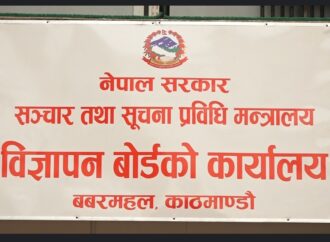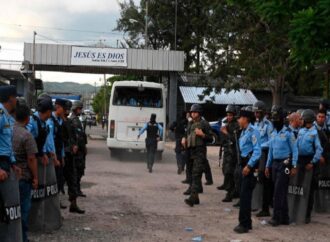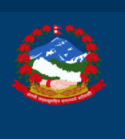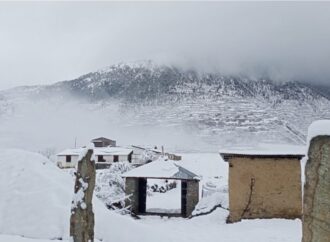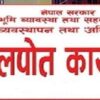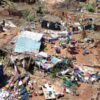In recent years, the recognition and integration of indigenous knowledge into local innovations have sparked remarkable advancements across various communities. Using the valuable knowledge handed down over many generations, these efforts have shown that they can support long-lasting progress and strengthen the resilience in different communities.
Indigenous knowledge refers to the wisdom, skills, and traditions passed down through generations by the original inhabitants of a region or community. This knowledge is deeply rooted in the local environment, culture, and experiences of these indigenous people.
Local innovation, on the other hand, involves finding new and creative solutions to challenges or problems within a specific community or region. It often draws upon the unique insights and practices found in that particular environment.
When we combine indigenous knowledge with local innovation, we are essentially blending the traditional wisdom of a community with inventive approaches to address modern issues. This can lead to sustainable and culturally relevant solutions that benefit the community and help preserve their heritage. Indigenous knowledge and local innovation showcase the importance of respecting and integrating traditional practices into contemporary problem-solving.
Local knowledge, skills and technology are of great importance for sustainable development, promoting local resource conservation, increasing local community participation in development, maintaining ownership of local community development and community development.
Indigenous technical knowledge related to water resource management, soil fertility management, indigenous knowledge on biodiversity and forest management, Indigenous Knowledge on pest management, bio-fencing, agricultural tools and implements play a crucial role in achieving sustainable development by addressing specific challenges and opportunities within a community. The local innovations such as rainwater harvesting methods, local agriculture instruments such as plough and yoke, Dhoko (Bamboo basket), Namlo, Bhakari, Dhiki, Jato etc helps to make the work easier, efficient and such tools are environment friendly and economical too. These tools are designed to meet the unique needs of a particular community. By addressing specific challenges, these solutions are often more effective and sustainable in the long run.
Formal education can also include local knowledge, skills and techniques. For that, it may be appropriate to include local knowledge, skills and techniques in the local curriculum. Recently, Bhaktapur municipality has created and implemented a local curriculum for school level by including local content. Agri-botanist Prof. Dr. Dharma Raj Dangol, adjunct professor of AFU has said that the curriculum created by Bhaktapur is not of a lower level than the curriculum created by the Curriculum Development Center and it includes very important local aspects in Bhaktapur. Similarly, Agri-botanist and Assistant Prof. Ananta Prakash Subedi of AFU also said that Dolpa district has created and implemented a local curriculum of Yarsagumba by covering all the circumstance and problems face by the collectors mainly students during the months of yarsagumba searching. After having yarsagumba as one of the subjects of study in the school, the children got to know about yarsagumba found in their own place.
It is also necessary to protect local knowledge, skills and technology from the point of view of knowledge management. For this, it is equally necessary to find science in local traditional knowledge, to blend it with modern scientific knowledge, skills and technology, to compare it with the knowledge and skills of other places and to enlighten the knowledge and skills of our society. Such actions not only increase the income of the community, but also transfer the knowledge and skills acquired by their community to the new generation. And it helps the local community to be self-sufficient. Therefore, it is the duty of all the stakeholders including government and private sectors to document all the available local indigenous knowledge-based innovations so that the future generations could also be familiar with it.
Author: Suraj Poudel
MSc. AgricultureAgriculture and Forestry University


